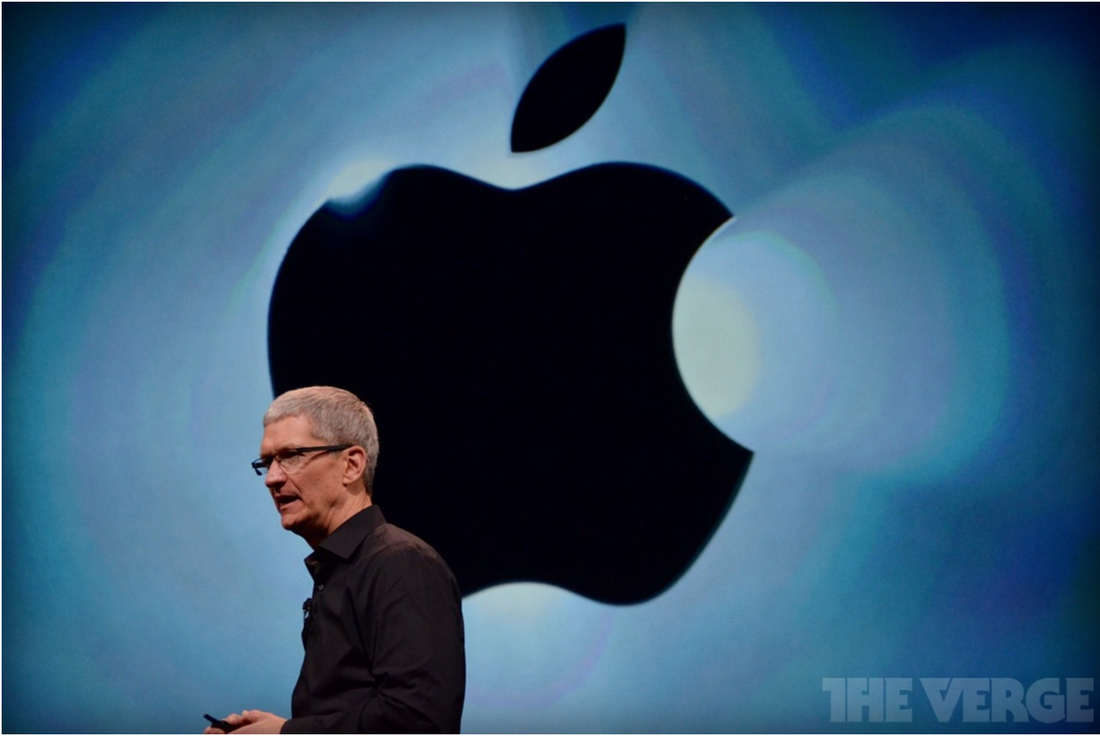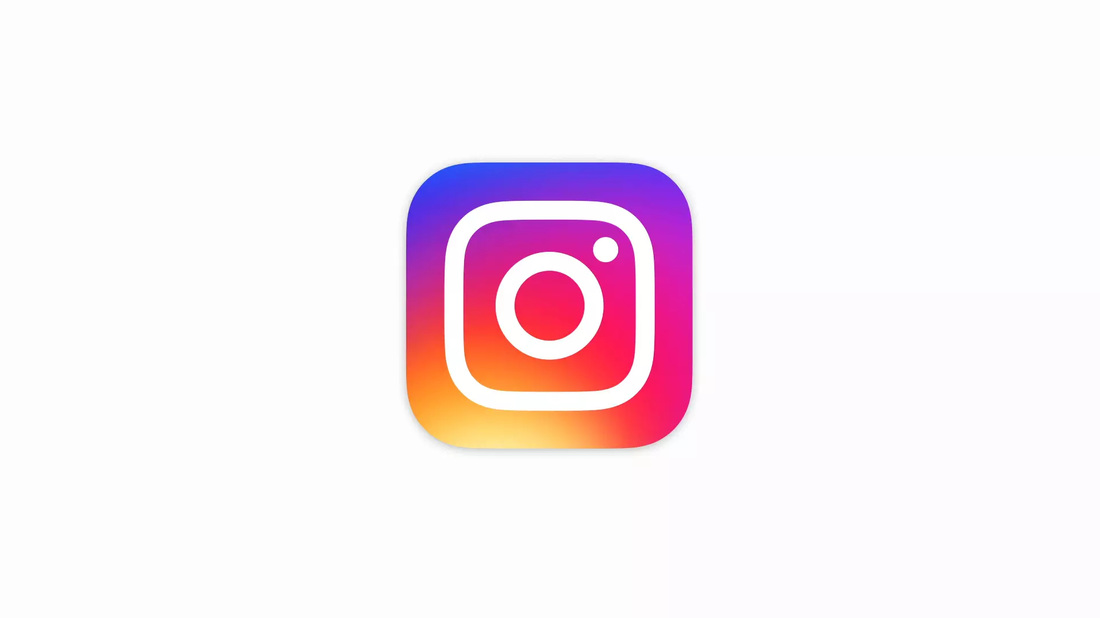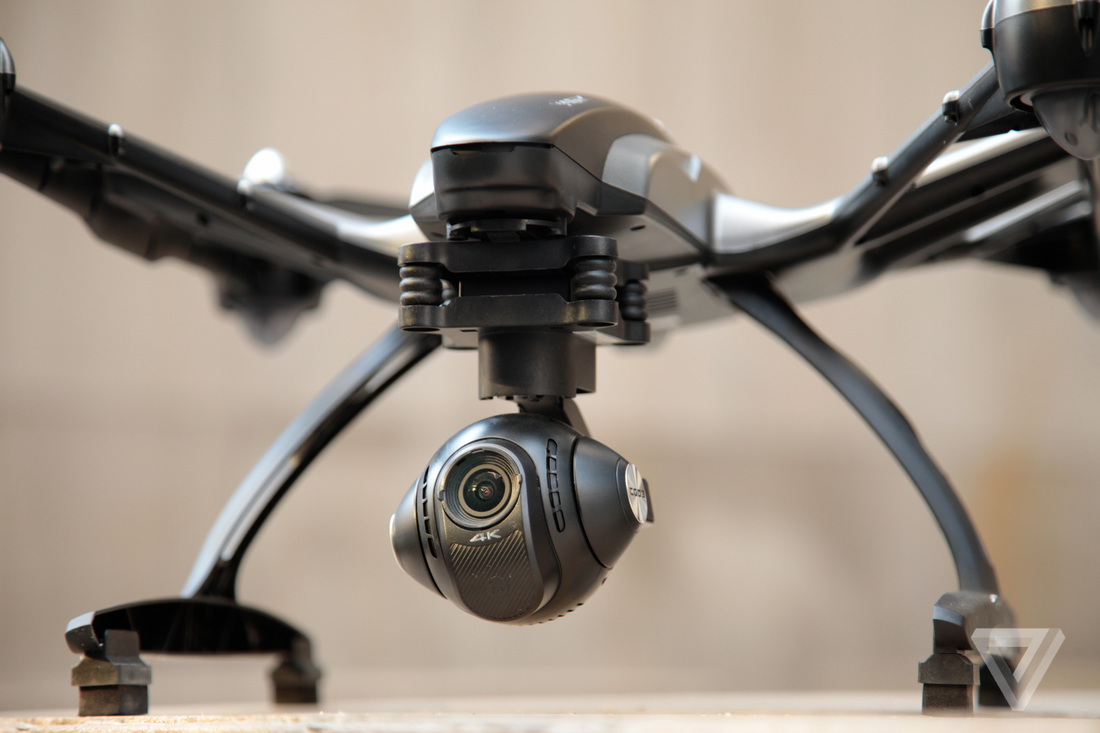A few years ago, users of Internet services began to realize that when an online service is free, you’re not the customer. You’re the product. But at Apple, we believe a great customer experience shouldn’t come at the expense of your privacy.
We don’t build a profile based on your email content or web browsing habits to sell to advertisers. We don’t "monetize" the information you store on your iPhone or in iCloud. And we don’t read your email or your messages to get information to market to you.
In some sense, it's also fair play. Between the new permission structure and the new anti-tracking provisions, Apple really has gotten a lot better on privacy with iOS 8. Even if the new promises will be hard to keep, Cook is still taking a stand, challenging government requests and standing up for user privacy. Just last week, I was complaining that Cook didn't talk more about security — wasn't this exactly what I was looking for?
But here's the real surprise: this is good news even if you don't agree with Apple's case. Googlers will see it as a cheap shot and get mad. Good! Let them get angry, and then let them try to one-up Apple when the next Android OS comes out next month (my money's on "Lollipop"), adding even stronger protections than iOS 8. Then Apple can strike back at WWDC 2015, and so on. Everybody wins. For years, the free-web crowd has been hoping iOS and Android would start competing on privacy, and now, finally, it might actually be happening. If Tim Cook wants to throw some strong language as part of the deal, I'll take it.




